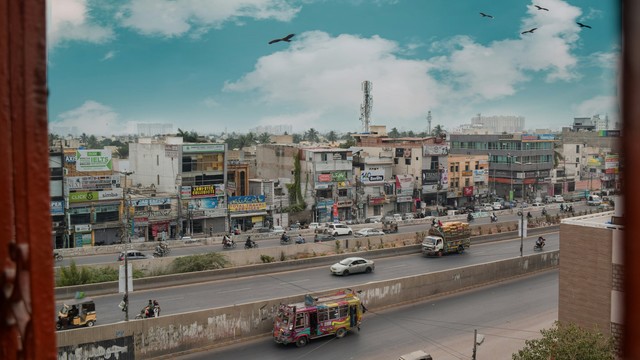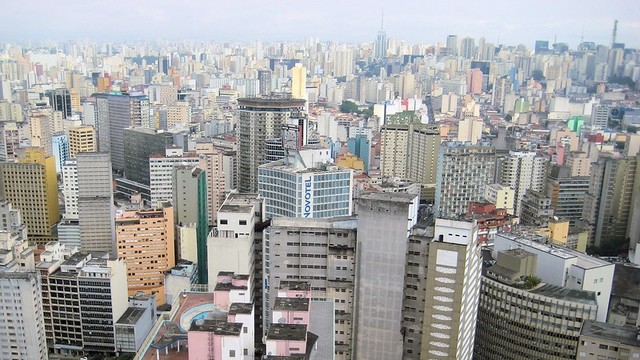COVID-19 in cities: pathways towards a transformative urban recovery
COVID-19 is asymmetrical and will impact differently as poorer countries battle to gain access to vaccines. At a time of diminished budgets and resources, their needs are the highest. We can only respond if we do our work more inclusively and strategically.



Kibera informal settlement in Nairobi, Kenya (Photo: Nina R via Flickr, CC BY 2.0)
2021 presents a critical moment in the evolution of cities in low- and middle-income countries (LMIC). Urban areas need COVID-19 recovery plans that can respond to the ongoing impacts of the virus, tackle the urban poverty and inequalities that deepen the impact of the pandemic and promote resilience to future crises.
Such initiatives will be developed against the backdrop of a global economic downturn, where cuts to Official Development Assistance (ODA) and reduced municipal budgets are increasingly widespread. This is no mean feat! Collaboration and a shared vision will be essential to make progress.
IIED has been convening international agencies, researchers and civil society groups from across the global South to co-create a framework to guide transformative urban recovery processes.
A crisis on a crisis
An estimated 90% of COVID-19 cases are located in urban areas (PDF). The economic impacts are most profound in sub-Saharan Africa and are increasingly acute in cities across the global South, where informal workers, people living in informal settlements, displaced people and other marginalised groups have been disproportionately affected.
The initial impact of COVID-19 in LMIC cities was characterised by limited provision of appropriate social protection and emergency relief alongside strict lockdowns, disrupted supply chains, human rights violations, forced evictions and regressive interventions. This led to escalating poverty (PDF) and food insecurity for informal labourers (PDF) and residents of informal settlements in places such as Harare.
In terms of direct health impacts, the numbers of COVID-19 cases and deaths during the first wave were lower in sub-Saharan Africa than in other regions. But the genetic mutation of the virus identified in South Africa (in December 2020) led to a surge in cases, not only in South Africa but in neighbouring Zimbabwe.
Learning from local responses
Local governments and residents of informal settlements have been particularly effective in mobilising and responding to the pandemic, which has been effective in reducing transmission in cities.
Community health volunteers have raised awareness about COVID-19 and helped to support vulnerable residents in informal settlements. Grassroots organisations have demonstrated a tremendous capacity to respond to the immediate basic needs of low-income urban groups and to develop more strategic responses.
A transformative framework for future cities
Despite the roll-out of vaccines in some countries, there is no single pathway out of the pandemic, particularly for informal settlements in LMICs. A flexible approach is needed that supports multiple recovery pathways while responding to prevailing uncertainties linked to COVID-19, climate change and economic crisis.
A unifying urban vision can promote transformative and green recovery processes and spark the multi-faceted interventions urgently required to address the complex exclusions and risks facing low-income residents in cities across the global South.
Implementation will require collaboration between civil society organisations and key urban decision makers, decentralised financial mechanisms and decision-making approaches, and governance, to fuel resilience to ongoing uncertainty, risks and disruption in urban contexts.
Co-creating a transformative urban recovery framework
In an effort to respond to some of these challenges, IIED began hosting a series of workshops with international agencies, researchers and grassroots organisations in September 2020. The following framework has been co-created in the meantime, which proposes a vision for policy and practice that can support a transformative urban recovery.




